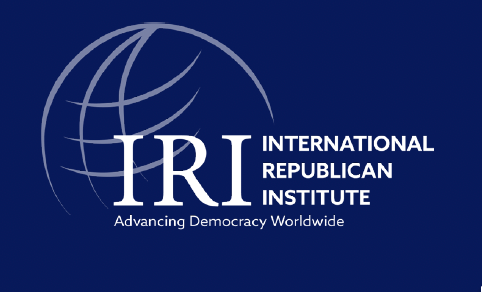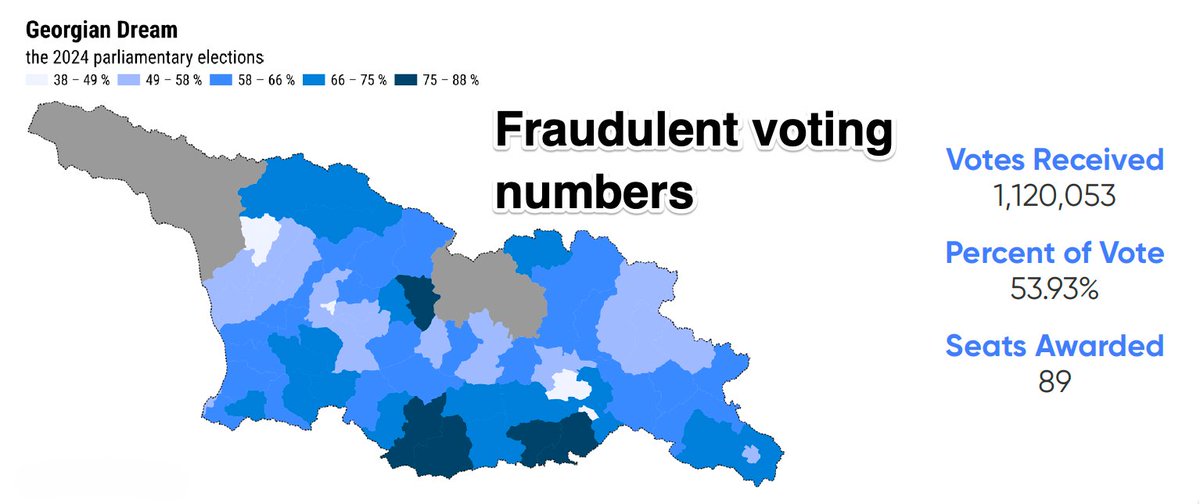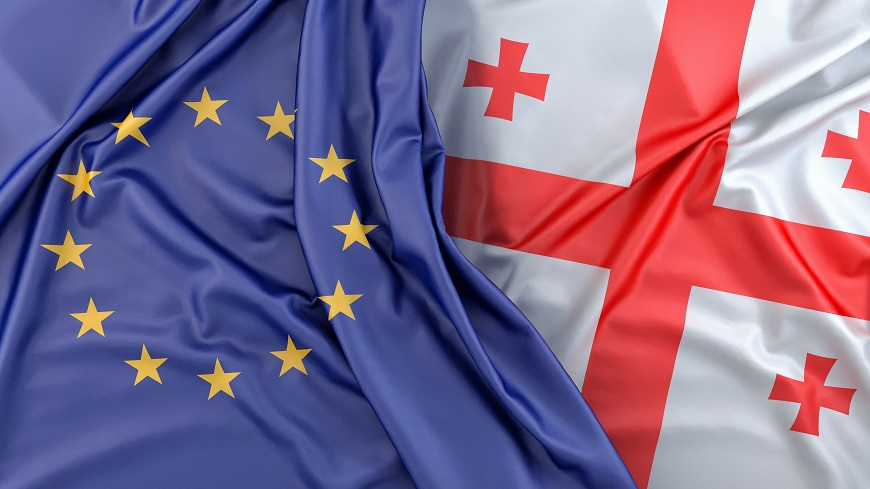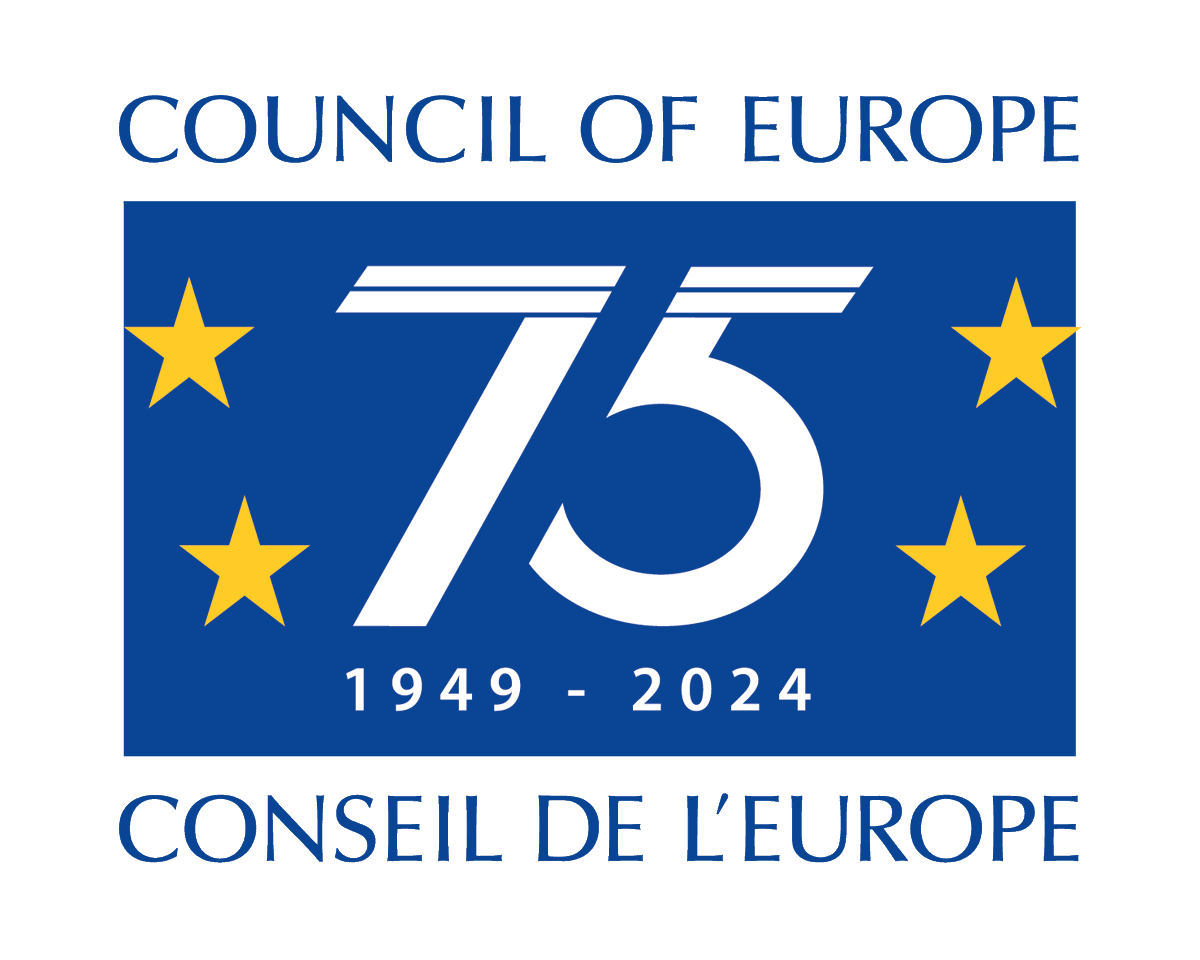🇬🇪On Dec 30, significant legislative changes were signed by "President" Kavelashvili. These laws introduce new restrictions on protests and public administration.
🧵GD is digging in and giving a middle finger to those urging them to "consider the possibility of new elections"
/17
🧵GD is digging in and giving a middle finger to those urging them to "consider the possibility of new elections"
/17
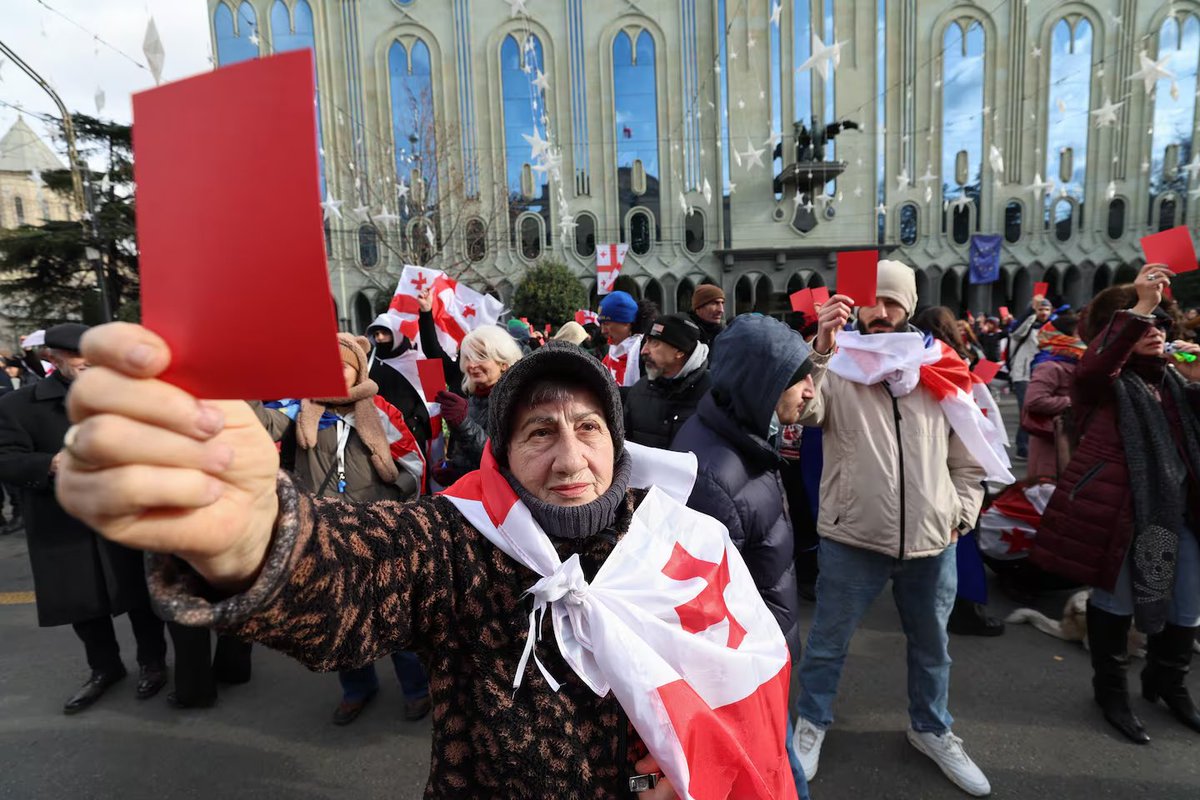
Law on Civil Service: The Georgian Young Lawyers Association (GYLA) warns that these amendments blur the line between state and party service, creating a legislative basis for Georgian Dream (GD) to turn public institutions into tools of political control.
2/17
2/17
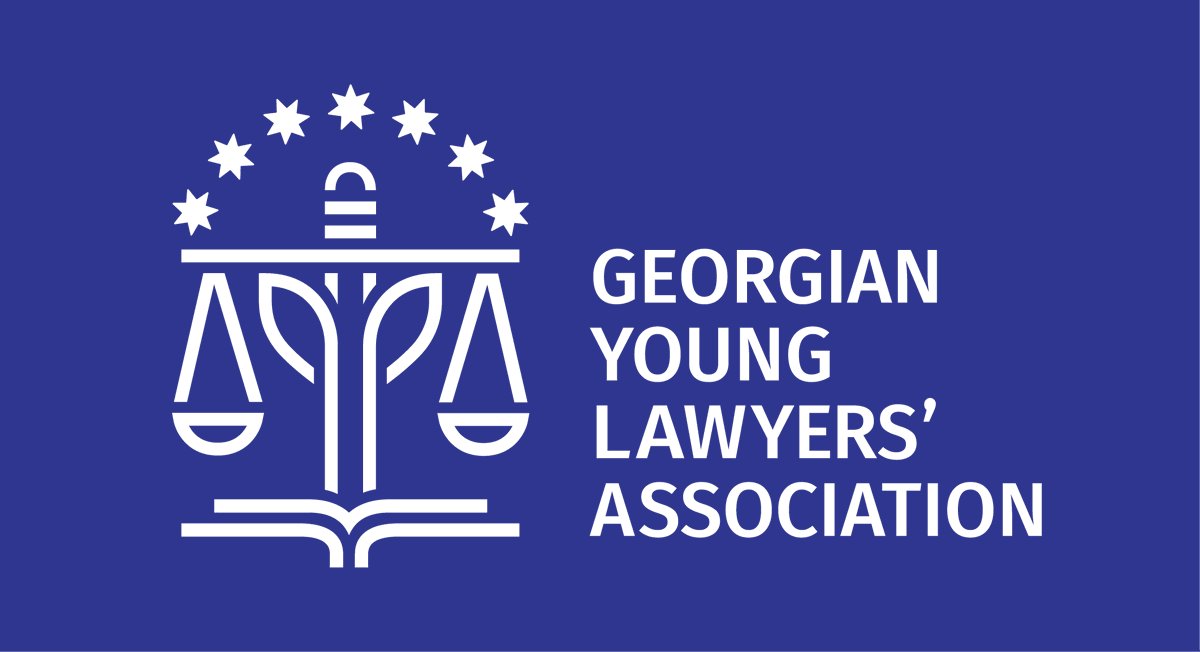
One of the most alarming changes involves reorganization. Until now, dismissed civil servants could be transferred to other departments in equivalent or even lower positions. Under the new law, employees can be dismissed outright, regardless of mobility options.
3/17
3/17
Even worse, if a dismissed civil servant challenges their termination in court and wins, they will not be reinstated. Instead, they will only receive severance pay and three months’ salary. This undermines legal protections and shields political dismissals.
4/17
4/17
Department heads and deputy heads will no longer be considered civil servants but will instead be “administratively contracted”—a substitute for political appointees. This directly contradicts the principle of “professional and independent public administration.”
5/17
5/17
These “administratively contracted” positions mean mid-level officials are now subordinated to political will. They can be fired with one month’s notice without redress. Their appointments will no longer be based on competition, undermining stability and meritocracy.
6/17
6/17
Performance evaluations have been fundamentally altered. They will now occur every six months instead of annually, and poor evaluations will lead to a 20% salary cut. Two unsatisfactory evaluations can result in dismissal with little to no legal recourse.
7/17
7/17
Critically, these evaluations will be overseen by political appointees, allowing the process to be used as a tool for punishment or coercion. By making evaluations a mechanism of political pressure, GD further erodes impartiality within the civil service.
8/17
8/17
Important: The law also synchronizes the terms of department heads and deputy heads with those of their political superiors. If a minister is replaced, these mid-level officials will also lose their positions, reinforcing the political nature of the appointments.
9/17
9/17
Protests and Civil Liberties: Protesters are now prohibited from covering their faces, including with masks, at demonstrations. Violators will face a 2,000 GEL fine (~$720). This raises concerns about privacy and protection, especially for those at risk of retaliation.
10/17
10/17
Parents of minors participating in protests could be fined between 100 and 300 GEL (~$36–$108) if their child is accused of disobeying police directives. This introduces family-level consequences to discourage participation.
11/17 civil.ge/archives/645520
11/17 civil.ge/archives/645520
The introduction of "preventive detention" gives police the power to detain individuals based on the assumption they may commit an offense, even without concrete evidence. This raises serious questions about due process and accountability.
12/17
12/17
Police are also now allowed to detain individuals simply to ensure their attendance in court, even if they voluntarily agree to appear. This provision increases the risk of arbitrary detentions before any case is officially filed.
13/17
13/17
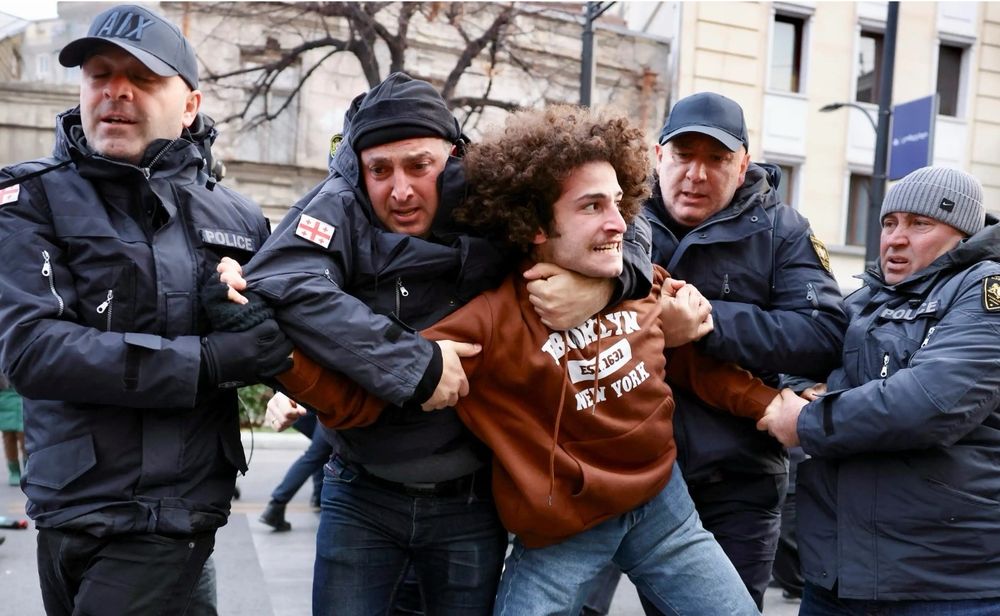
Police have expanded powers to search personal belongings and confiscate documents under broader circumstances. This raises the possibility of misuse and adds another layer of risk for those attending protests.
14/17
14/17
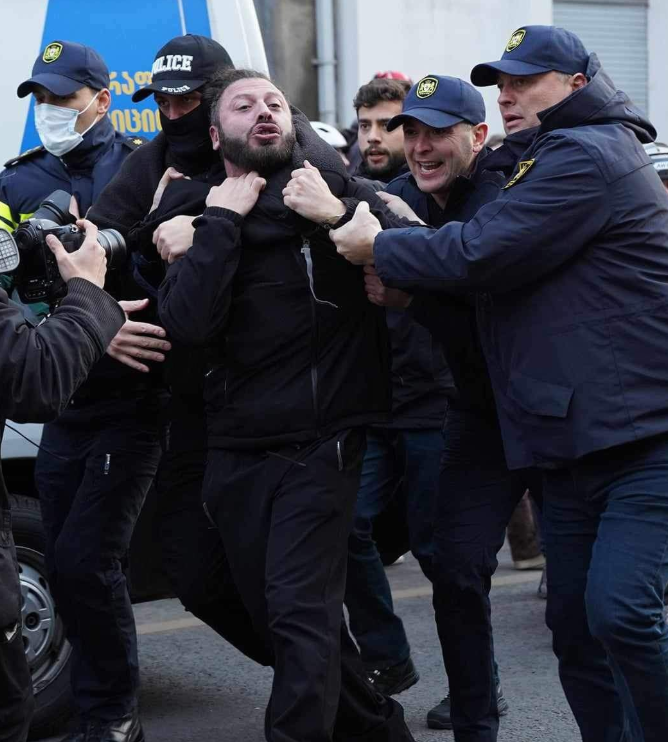
These restrictions, combined with the amendments to the Civil Service Law, show a clear pattern: Georgian Dream is consolidating control over public life and suppressing dissent. Disobedient civil servants are to be scared into submission.
15/17
15/17
These new laws make one thing abundantly clear: Georgian Dream has still no intention of giving in to Western advice or pressure. This is not a party that will “consider the possibility of new elections”—not unless they are forced to.
16/17
16/17
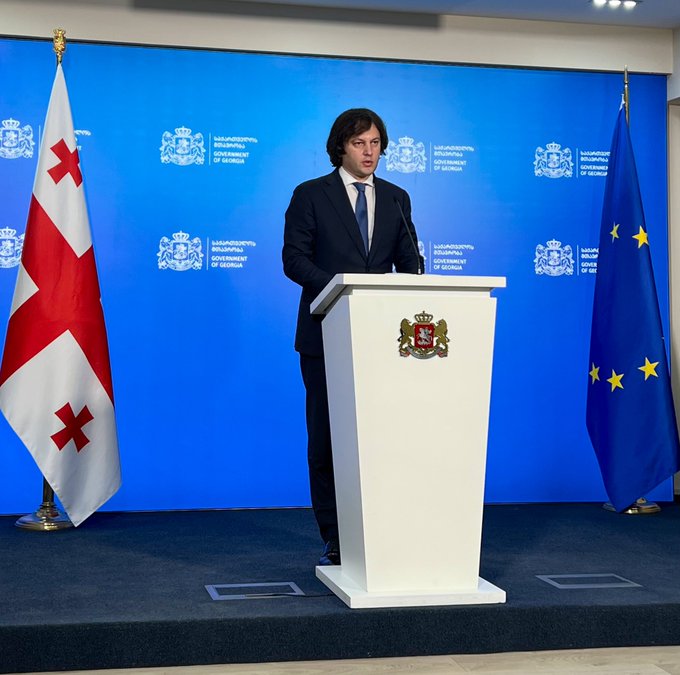
☕️ If you enjoy my threads, please consider supporting my work at .
Your support is a great motivation for me to continue informing and engaging.
Thank you! 🙏
17/17buymeacoffee.com/terjehelland
Your support is a great motivation for me to continue informing and engaging.
Thank you! 🙏
17/17buymeacoffee.com/terjehelland
• • •
Missing some Tweet in this thread? You can try to
force a refresh



